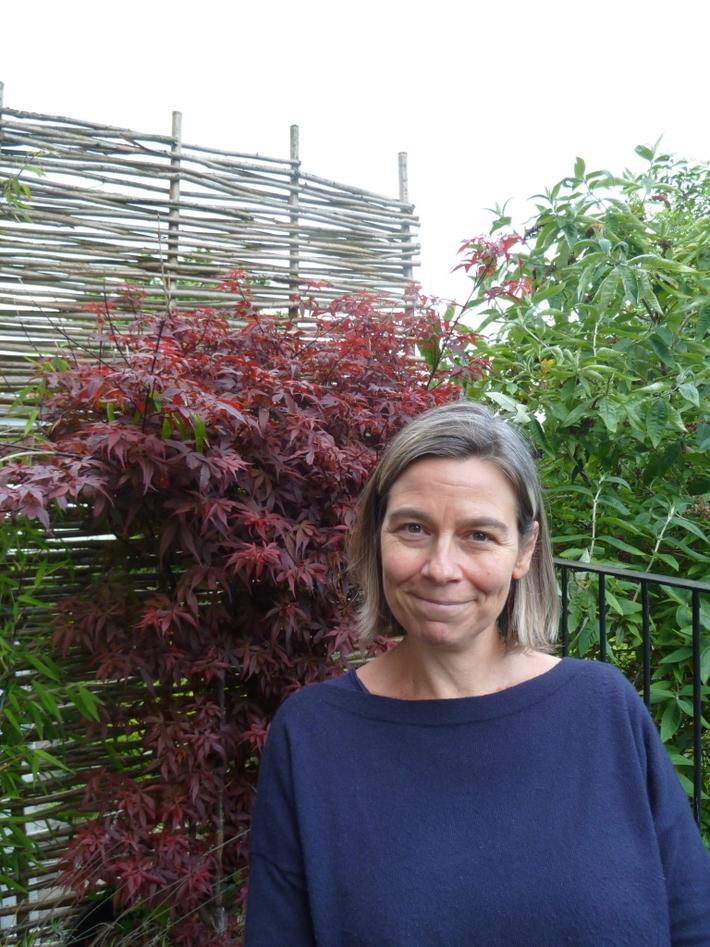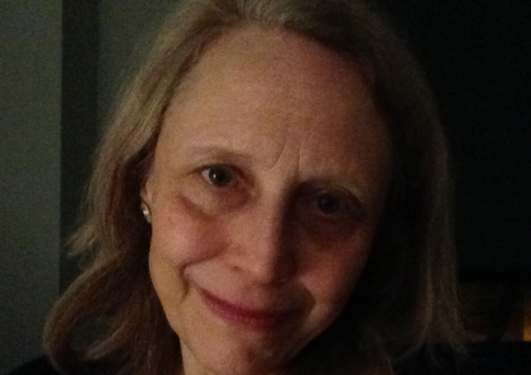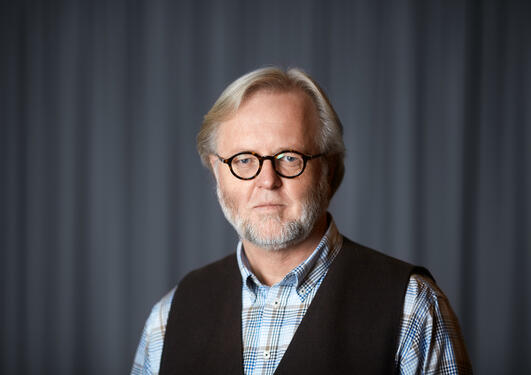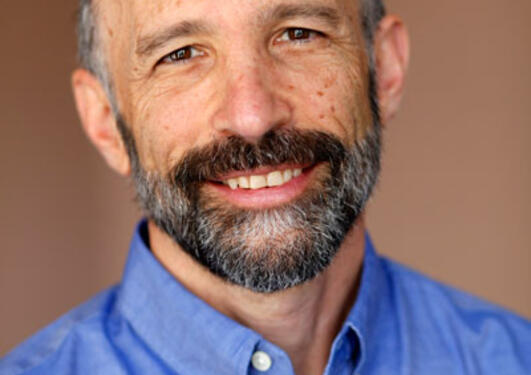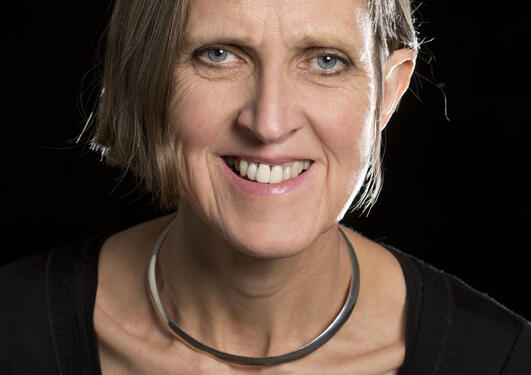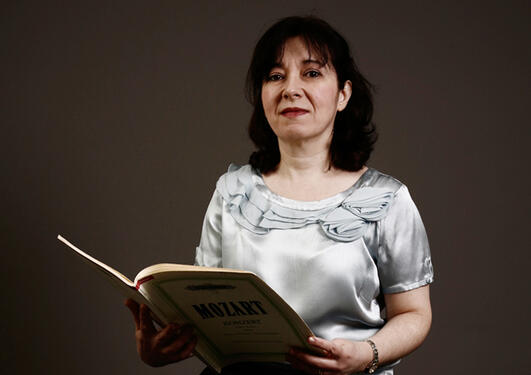Sarah Hibberd
Opera in an Age of Revolution
Main content
Rossini’s grand opera Guillaume Tell premiered in Paris in 1829, capturing the cultural and political mood of the moment in a vivid way. It told the story of a successful revolt of Swiss peasants against their Austrian overlords, dramatizing what was at stake for the individuals both personally and politically through affective musical numbers and powerful tableaux. The opera brought together a remarkable team of backstage and onstage personnel to produce a revolutionary (in all senses) spectacle, drawing on a variety of popular and operatic theatrical traditions, new developments in the visual arts and orchestral innovation. Tell did not just reflect society’s concerns, it participated in them, inspiring imaginative leaps that helped to shape the national image before the opera set off across Europe in a variety of political guises. With one foot in the revolutionary past, it also looked ahead to a future beyond the opera house.
Nearly 200 years later, Damiano Michieletto’s new production of the opera for the Royal Opera House in London sparked a media storm when it tried to bring home to modern audiences the relevance and political subtexts of the libretto. For many, the beauty of Rossini’s music was undermined by the director’s insistence on the dark elements of the tale, rooted in memories of his boyhood reenactments of Tell’s adventures.
This presentation reflects on the inherent interdisciplinarity, innovation and impact of Parisian opera in the nineteenth century, and the ways in which these concepts are understood by modern opera companies and universities in the UK. How do the responsibilities of the Royal Opera as a national cultural institution square with commercial demands, in London and beyond? How do we – as researchers – contribute to opera’s artistic and commercial profile? How does the impact agenda in the UK affect our choices and our relationships with opera companies? Ultimately, might Michieletto’s insistence on the role of the imagination in operatic enjoyment inspire us to explore new directions as we try to square the circle of interdisciplinarity, innovation and impact in our research?
Preparation
Have a look at some of the audience reaction to Michieletto’s production of Guillaume Tell at the Royal Opera House, London, in 2015: http://bit.ly/2rtPkyJ and typical reviews, such as this one: http://bit.ly/2rLGtZI
Key Questions
- How can the impact agenda help us to develop more nuanced and constructive discussions about operatic stagings in the public, creative and academic spheres?
- What are the responsibilities of national cultural institutions such as the Royal Opera?
Recommended Reading
- David J. Levin, ‘Dramaturgy and Mise-en-Scène’, in Unsettling Opera: Staging Mozart, Verdi, Wagner, and Zemlinksy (Chicago, 2010)
- Clemens Risi, ‘Opera in Performance---In Search of New Analytical Approaches’, Opera Quarterly, 27/2-3 (2011), 283–95
Biography
Sarah Hibberd is Associate Professor in the Department of Music at the University of Nottingham, and will be taking up the Stanley Hugh Badock Chair in Music at the University of Bristol in September 2017. Her research interests centre on musical culture in nineteenth-century Paris and London, with a particular focus on opera – and related forms of music theatre – in Paris in the first half of the century. Her publications include French Grand Opera and the Historical Imagination (Cambridge, 2009), a guest-edited special issue of 19th-Century Music devoted to Science in Paris and London (autumn 2015), the edited volume Melodramatic Voices (Farnham, 2011) and co-edited (with Richard Wrigley) Art, Theatre and Opera in Paris, 1750-1850 (Farnham, 2014), together with a variety of book chapters and journal articles. She is currently completing a monograph entitled French Opera and the Revolutionary Sublime. Sarah is co-editor of the journal Music & Letters, and regularly appears on BBC Radio 3. In 2015 she was writer in residence at the Royal Opera House for their production of Rossini’s Guillaume Tell.
